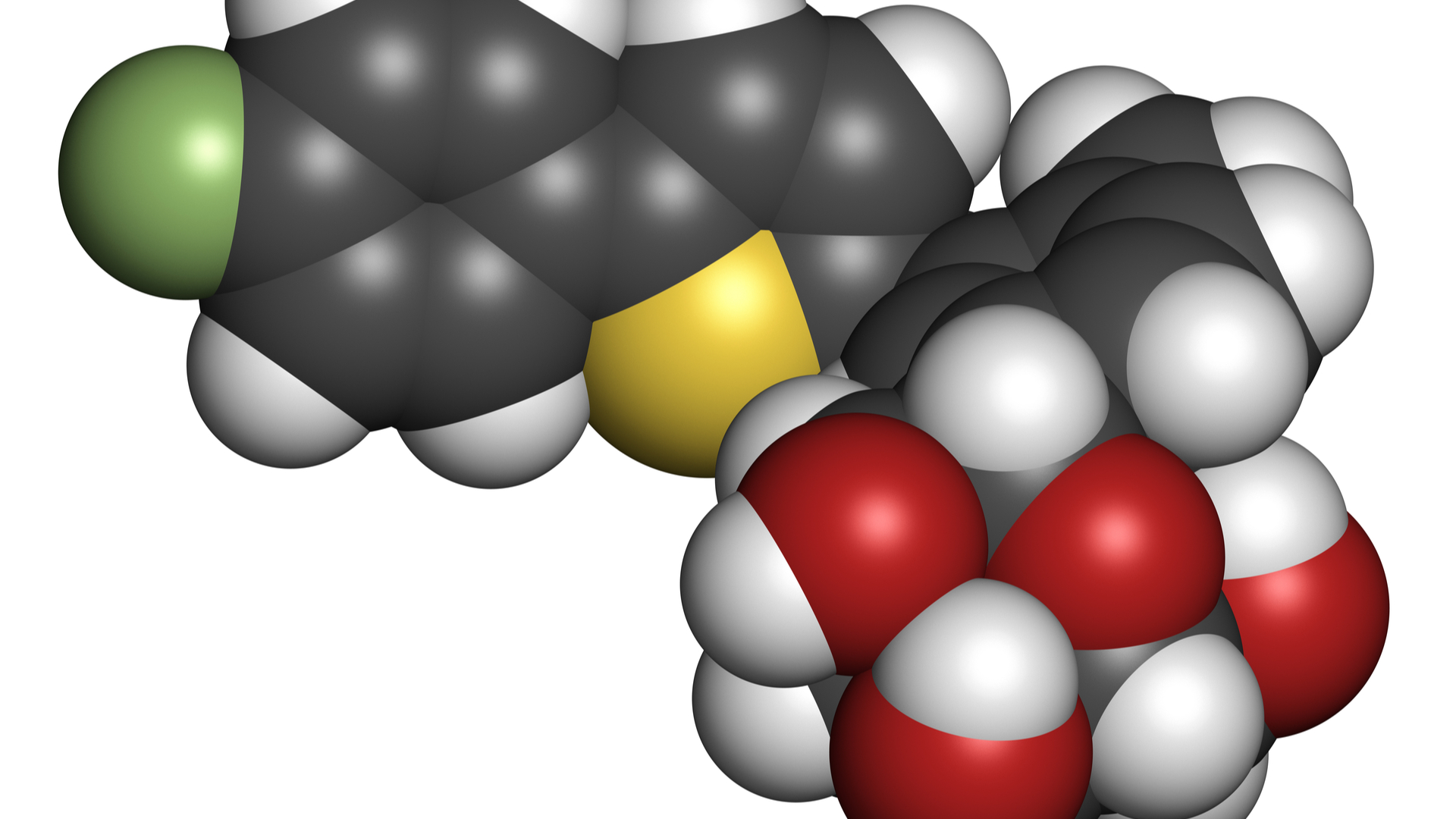
Janssen Pharmaceuticals presented data from its landmark CANVAS Program at the American Diabetes Association 77th Scientific Sessions, which showed canagliflozin (Invokana) significantly reduced the combined risk of cardiovascular (CV) death, myocardial infarction (MI), and nonfatal stroke, versus placebo in patients with type 2 diabetes at risk for or with a history of CV disease.
The data, from the integrated analysis of the CANVAS and CANVAS-R trials, were simultaneously published in the New England Journal of Medicine.
The CANVAS Program assessed the efficacy, safety, and durability of canagliflozin in more than 10,000 patients with type 2 diabetes, who had either a prior history of CV disease, or at least two CV risk factors. It is composed of two, nearly-identical large outcomes studies: CANVAS (CANagliflozin CardioVascular Assessment Study) and CANVAS-R (Study of the Effects of Canagliflozin on Renal Endpoints).
Researchers randomized over 10,000 patients with type 2 diabetes to receive either canagliflozin or placebo for the trials. CANVAS participants (4,330 patients) were randomly assigned 1:1:1 ratio to placebo, canagliflozin 100 mg and canagliflozin 300 mg. CANVAS-R participants (5,812 patients) were randomly assigned 1:1 ratio to placebo or canagliflozin 100 mg.
The results showed that canagliflozin reduced the overall risk of cardiovascular disease by 14 percent and reduced the risk of heart failure hospitalization by 33 percent. The drug also demonstrated potential renal protective effects. An ongoing, fully enrolled study is further evaluating the effects of canagliflozin on renal and CV outcomes.
“The CANVAS results are important because they show clear benefit of canagliflozin over current standard-of-care treatments,” said Bruce Neal, M.B., Ch.B., Ph.D., principal investigator of the CANVAS and CANVAS-R trials, Professor of Medicine, University of New South Wales Sydney, and Senior Director, The George Institute for Global Health in a press statement. “Furthermore, the CANVAS Program showed consistent reductions across all components of the primary study outcome – CV death, MI and stroke – indicating efficacy of canagliflozin for all the main CV risks likely to affect patients with diabetes.”
“Patients with diabetes are two to four times more likely to suffer from associated comorbidities, such as heart failure and kidney disease, and the CANVAS results demonstrate the potential of canagliflozin in reducing the risk for such conditions in high-risk type 2 diabetes patients,” said David Matthews, CANVAS Steering Committee co-chair, and Professor of Diabetic Medicine and Honorary Consultant Physician, University of Oxford. “These data are promising as they suggest canagliflozin may offer potential benefits for patients with type 2 diabetes, who are also facing complications from, or are at risk for, hospitalization for heart failure or kidney disease.”
Canagliflozin is in a class of drugs called sodium glucose cotransporter-2 (SGLT2) inhibitors. SGLT2s work by blocking the body’s reabsorption of sugar or glucose. They are prescribed along with diet and exercise to lower blood pressure.
SGLT2s are the newest class of oral drugs prescribed for type 2 diabetes and are associated with improved glycemic control, weight loss and low risk of hypoglecemia. However, recent studies have found the class of drugs may increase risk of diabetic ketoacidosis, and canagliflozin was found to increase the risk of amputation—a result corroborated in the CANVAS and CANVAS-R studies.
Filed Under: Drug Discovery




